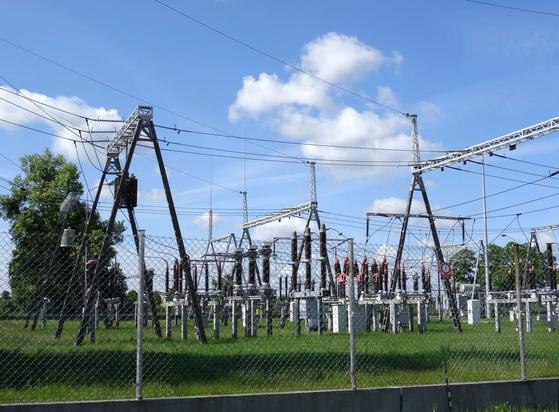2026-02-11 14:18:48
Metacurity is the independent, non-hype, non-personality-dependent cybersecurity newsletter that delivers a daily dose of critical developments you need to know.
Check out today's issue, which covers
--CISA warns US infrastructure owners following Russian attack on Poland's power grid,
--Russia throttles Telegram accusing it of failing to protect personal data or combat crime,
--N. Korean hackers targeted crypto company with unique malware and multiple scams,…
2026-01-12 22:06:52
Keith Ellison multiple times uses “but fraud!” to skewer feds for failing to provide support that would actually help catch fraud: “If they want to send us some forensic accountants [instead of ICE], that’s a conversation we’re willing to have”
2026-01-11 17:34:02
Trump has been briefed in recent days on new options for
military strikes in Iran
as he considers following through on his threat to attack the country for cracking down on protesters,
according to multiple U.S. officials familiar with the matter.
Trump has not made a final decision,
but the officials said he was seriously considering authorizing a strike
in response to the Iranian regime’s efforts to suppress demonstrations
set off by widespread eco…
2026-01-14 09:07:23
Raiders Receive Big Head Coach Prediction Amid Search https://heavy.com/sports/nfl/las-vegas-raiders/big-head-coach-prediction-search/
2026-01-11 18:04:31
#TIL about Benford's law where for some data sets of numbers, the first digit is usually 1 and rarely 9 (with descending probability in between). It's especially common in data sets following the power law (which is common in nature).
Seems a useful consideration when generating random numbers shown directly to players (like a multiple choice) -- even if they're unfamiliar, …
2026-02-11 00:49:48
How many think the following just might be a bad .
Passed Dev unit tests. In client UA. Prepare for a code release into production in five weeks. I just finished the draft release document.
Now they want a new table, changes to the structures of multiple tables, screen changes and possible new screens along with changes to programs and SPUFIs. That is on top of working on the coding for June.
Fortunately I was attending via a teams call and on mute and not physically p…
2026-02-08 20:24:45
Falcons' Pearce remains in jail, facing five felonies https://www.espn.com/nfl/story/_/id/47869506/falcons-pearce-jail-alleged-dispute-wnba-player
2026-01-09 19:18:19
It's one thing to build something like this following a tutorial. It's a whole other thing to try to understand how it works. Time to dig into some data sheets and Arduino library code.
#electronics #arduino
2026-01-08 21:29:01
As the Red Army was pushing into Berlin, Hitler tried to order the destruction of German Industry. It was not simply to prevent the allies from continuing, but also to punish the German people for failing him. The film Downfall portrays him believing that the German people had shown themselves to be weak and that they deserved to die.
Trump has always had some Hitler energy. It's been reported multiple times that he keeps a collection of Hitler speeches by his bed. As he threatens Greenland, everyone wants to jump to compare that to Poland. The thing is, he doesn't have Hitler 1939 energy. He has Hitler 1945 energy.
Everyone knows he's a pedophile and a rapist. He's a loser and he'll do anything to distract from that. He would literally start WWIII if he thought it would give him a few more days. He's a coward who's afraid to face what he's done. But he's a coward with nuclear weapons.
I just hope the people around him value their life more than they are loyal to him.
2026-01-11 03:34:00




